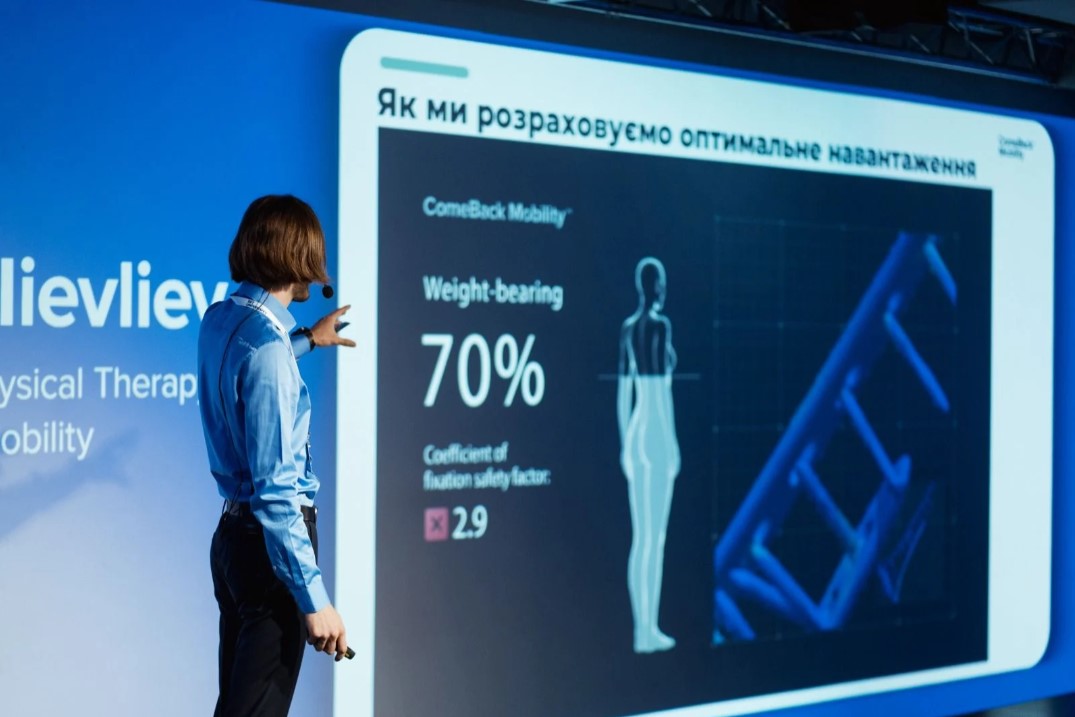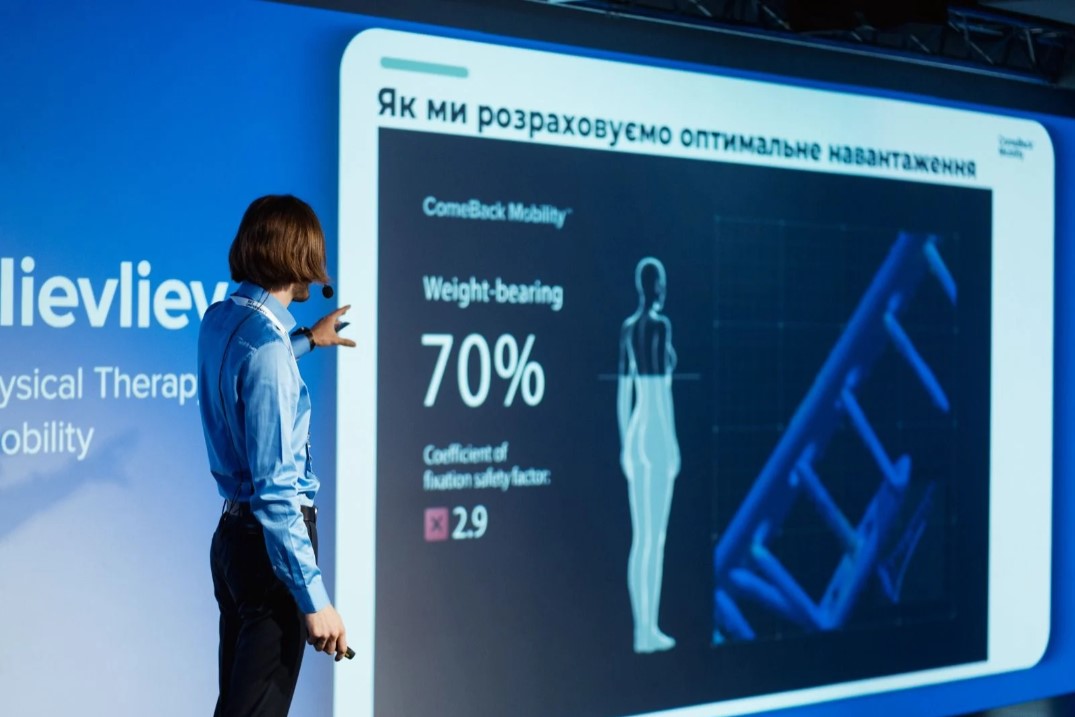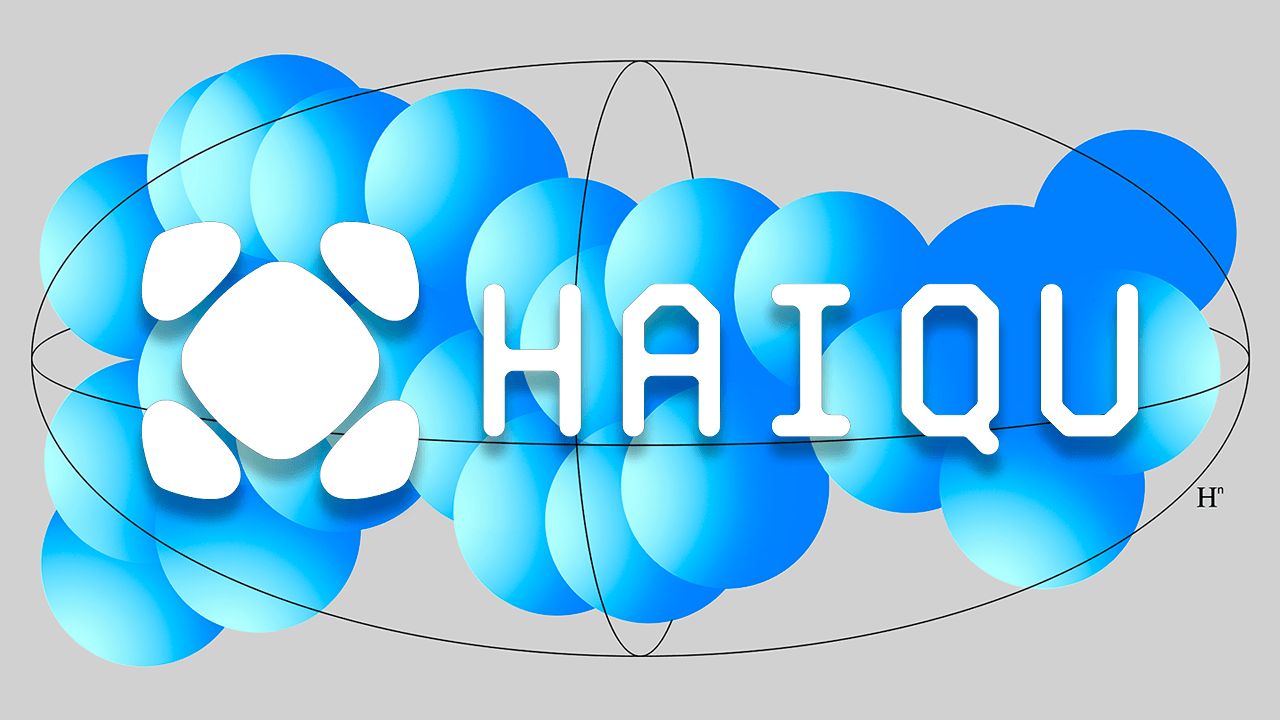The Generation H 2.0 initiative held its final event in Kyiv, featuring 8 Ukrainian healthtech startups ready to scale and attract investment.
The startups are developing AI assistants for doctors, biodegradable menstrual products, anti-metastasis biotech solutions, and devices that ensure error-free venipuncture. Generation H, a project by SET University in partnership with the Tokarev Foundation, launched in 2024 as a platform to grow Ukraine’s healthtech ecosystem and has already supported 30 startups.
The programme is now in Phase 2.0, focusing on startups entering the growth stage and investment readiness.
“Generation H is about people who see problems in healthcare and act—engineers, doctors, researchers. We build this programme with SET University to give ideas a strong start—a space where people with ambitious projects can test, develop, and bring them to the real world,” said Serhiy Tokarev, founder of the Tokarev Foundation and co-founder of SET University.
The 8 startups in the Pitch Battle finals presented the following solutions:
- ReadyVein – a device for real-time, high-precision vein visualization, reducing failed venipunctures and improving medical efficiency.
- Progalit® – software for kidney stone treatment, integrating AI, doctors, and patients, with 90% effectiveness demonstrated in trials.
- Touch Vision – a system for detecting and correcting visual-spatial impairments after injuries and strokes, used in 12 Ukrainian clinics, preparing for EU market entry.
- Tayra.AI – a voice-based medical assistant that automatically generates and structures doctors’ consultative reports.
- EndurePath – an app for mental health recovery using micro-exercises and gamification to help users regain emotional control.
- Peony – Ukraine’s first biodegradable menstrual pads, safe for health and the environment, dissolvable in water.
- Hovanka – a “personal architect for the mind” combining psychoeducation, exercises, and AI to help manage burnout and anxiety.
- M Shield – a biotech startup developing a treatment to stop metastasis, aiming to make cancer a controllable disease.
Touch Vision won the competition and a $10,000 grant. The startup develops a portable system for rapid detection and training of visual-spatial impairments, aiding patients after traumatic brain injuries, strokes, and in sports medicine and military rehabilitation. The device detects up to 85% of impairments typically missed—critical, as 76% of clinics lack the necessary tools.




















